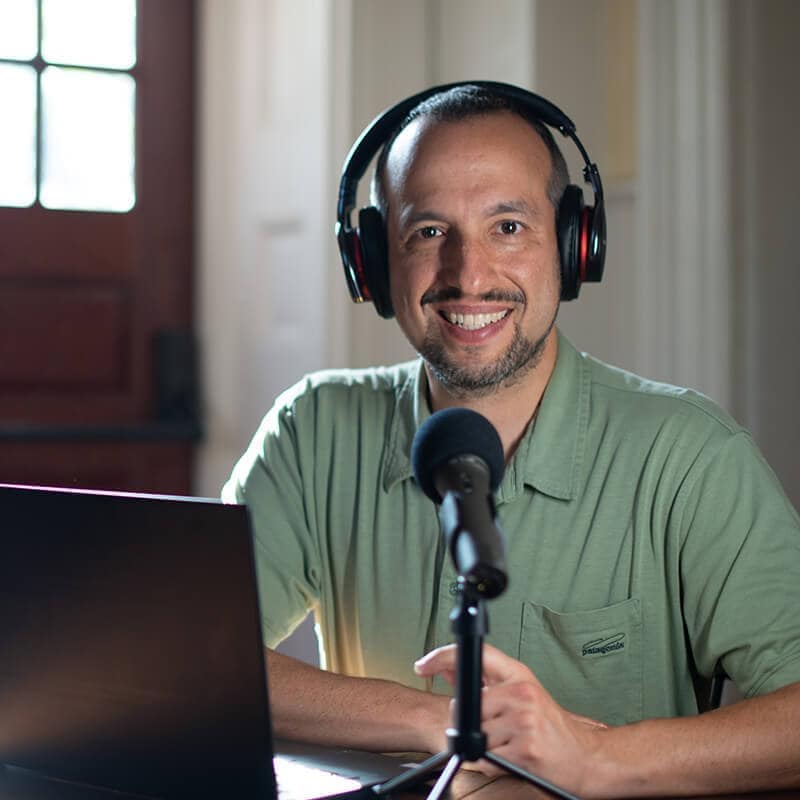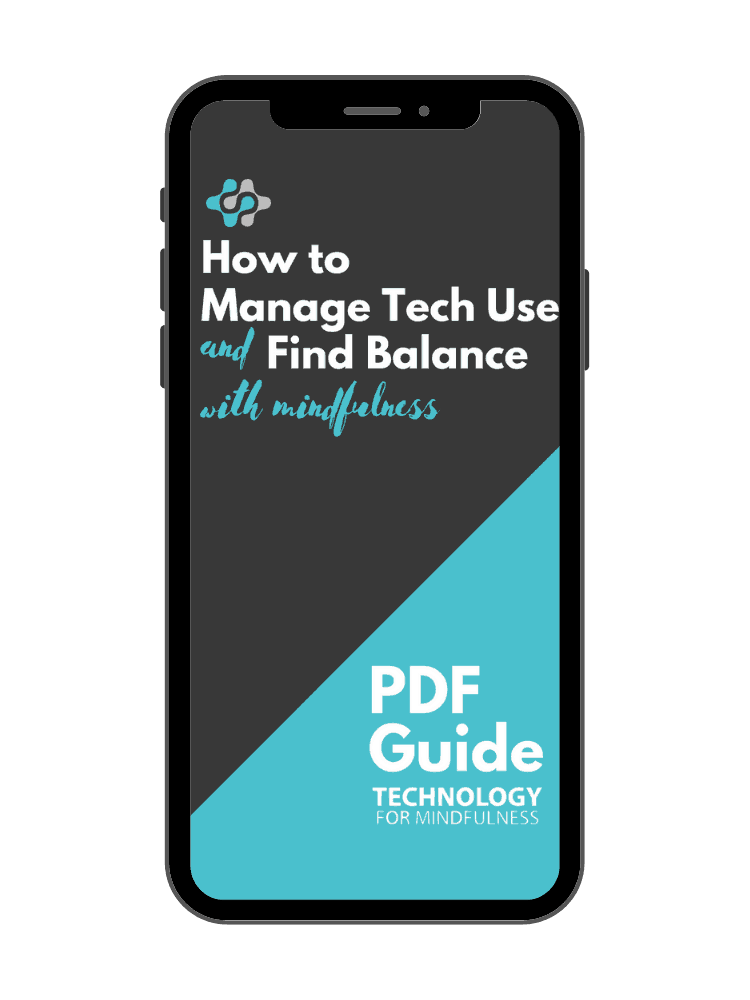Distraction isn’t something new, throughout history humans have always been 
When a notification pops up on your phone (a feature that’s supposed to be helpful) while you’re in the middle of an important task, or even in the middle of a family dinner, do you check it? If you’re like most people, then the answer is probably yes, even if for just a moment.
Technology has changed our lives in such a huge way and many professionals have begun researching the impact that it’s had on our minds; neurologist Adam Gazzaley is one of those people. Gazzaley and research psychologist Larry Rosen dive deeper into the topic of technology and distraction in their new book, The Distracted Mind: Ancient Brains in a High Tech World. Recently, Gazzaley sat down with NPR to discuss distraction and how it affects productivity.
Gazzaley discusses the evolution of our brains from the natural instinct of foraging for food to foraging for information—even when the implications are not positive. He also touches on the topic of how we can take what we know about distraction and how we learn and apply it to the classroom. With so many technological advances, is it possible to use things like virtual reality in a classroom setting? Is it possible to create games that are not only fun, but incorporate things like exercise and music while improving the fundamental abilities of our minds?
The key isn’t to eliminate technology, it’s to accept it, learn how to use it in a way that will help us, and lead by example for our children.
Read more about what Gazzaley had to say in the full interview.

